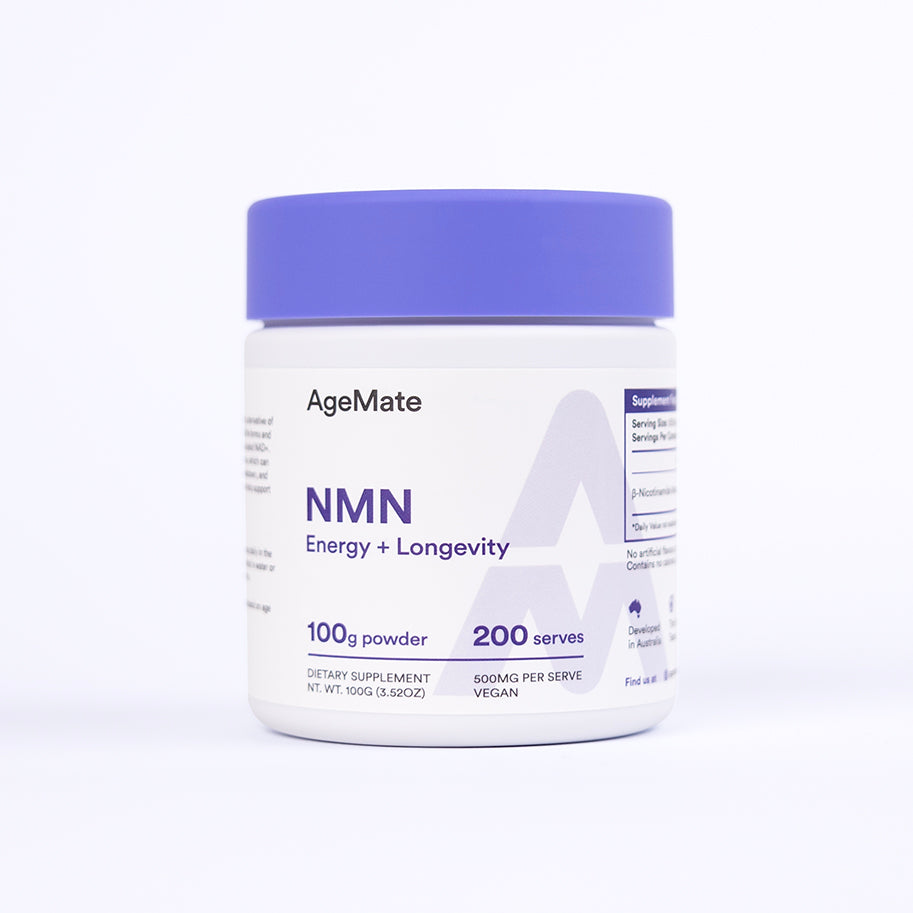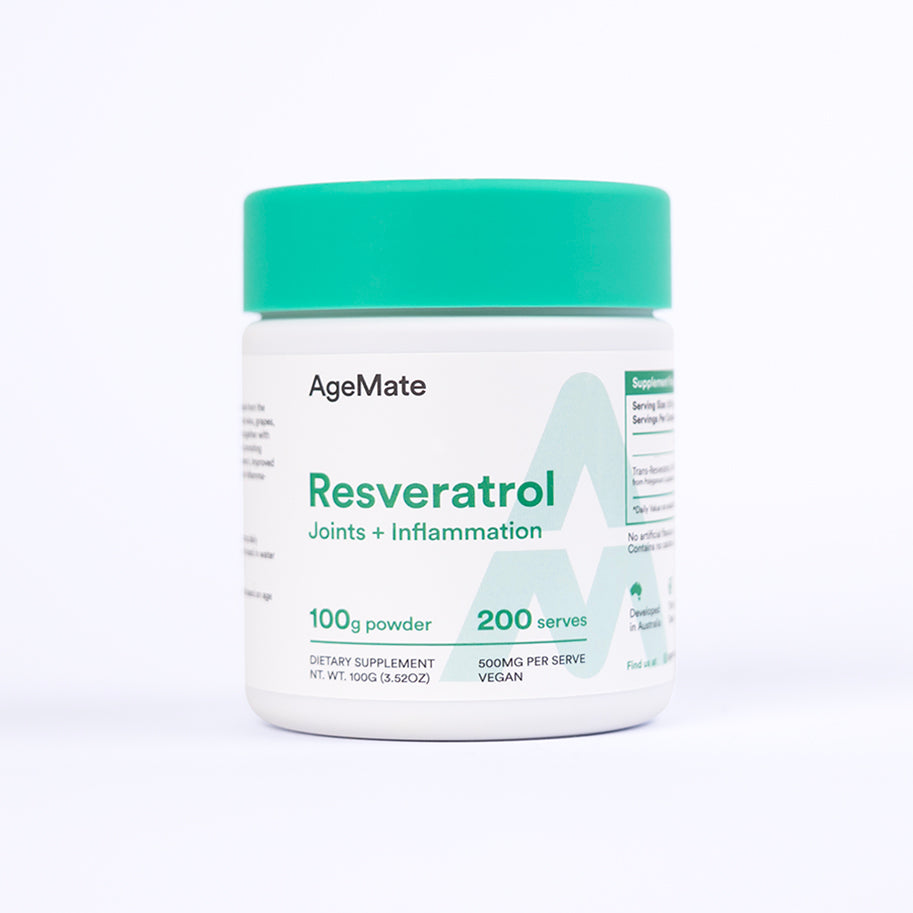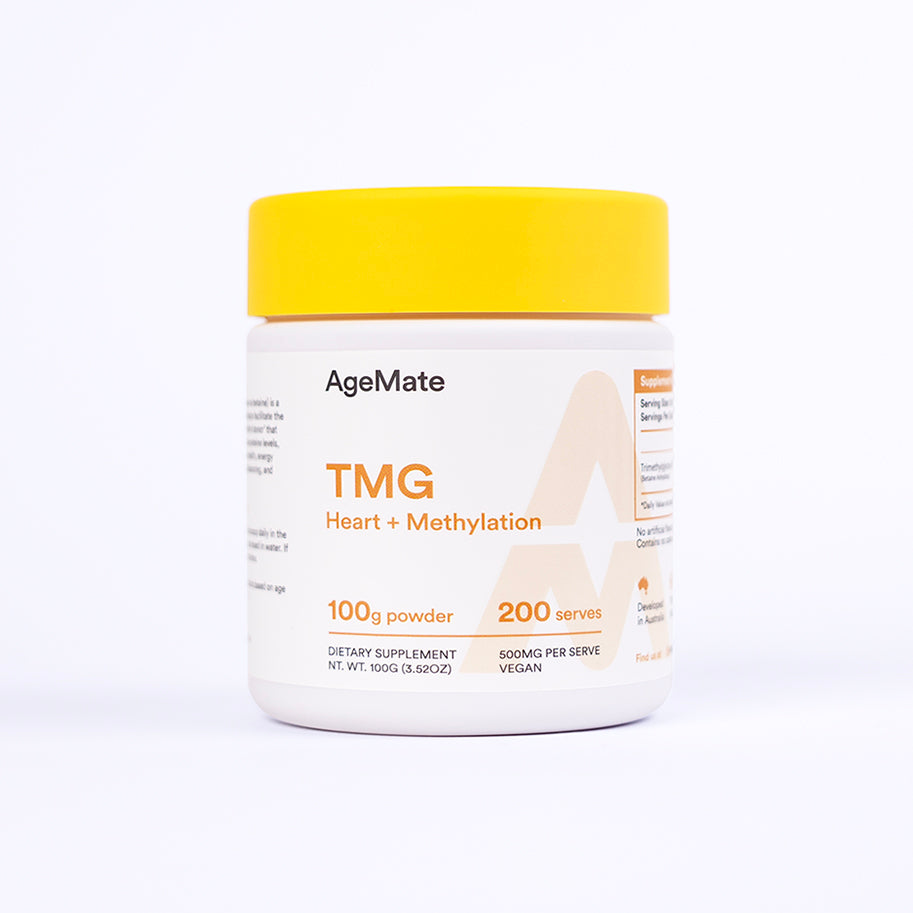Author: Mark Payne, Functional Medicine Practitioner at Melbourne Functional Medicine
Key Takeaways:
Achieving lasting health and vitality requires a personalised approach. If you’re passionate about longevity, understanding your unique health profile is the most important first step. In this guide, you’ll discover the top tests to help you take control of your health journey. With advanced diagnostics, you can embrace a vibrant, longer life through data-driven care.
Why Does Testing Matter?
With so much health and longevity advice available, it can be overwhelming to figure out what’s right for you. Testing cuts through the confusion by giving you clear insights into your unique physiological makeup. It empowers you to make informed decisions, track your progress, and adjust your approach as needed. This allows you to take control of your health with confidence.
Top Tests for Longevity Enthusiasts
These are the top tests at our health optimisation clinic that we recommend if you're curious about health optimisation and how you can extend your healthspan and longevity:
1. DNA Testing: Your Personalised Blueprint for Longevity
Understanding your genes through DNA testing offers valuable insights, but remember—your genes aren’t your destiny! While 30% of your gene expression is predetermined, 70% is influenced by your environment and lifestyle choices.
You can’t change your genes, but you can control which ones are activated. By making informed decisions, you can support your health and keep undesirable genes in check.
What should a DNA test include?
- Comprehensive nutrigenomics to personalise your diet and supplements
- Methylation gene overview
- Cardiovascular and chronic disease risk factors
- Cognitive and metabolic markers
Some tests may also include pharmacogenetics, which helps guide long-term treatments like antidepressants. Additionally, they can highlight specific genes, such as SIRT1, which plays a role in longevity.
How Often Should You Test Your DNA?
DNA only needs to be tested once since your genes remain the same throughout life. However, to track changes in how your genes are expressed (your epigenetics), you’ll need to focus on biological age testing.
2. Biological Age Testing: Slow Down Ageing from the Inside Out
You know your chronological age, but do you know your biological age? It tells you how old your body really is based on your health and lifestyle choices.

The best biological age tests use gene methylation to see how your genes are turned on or off. The good news? You can influence this process to slow down ageing or even reverse your biological age.
What Should a Biological Age Test Include?
- Your biological age compared to chronological age
- Pace of ageing
- Telomere length
- Stem cell function markers
- Metabolic age
How Often Should You Get a Biological Age Test?
Testing every 1-2 years helps track progress. Monitoring your pace of ageing every 6-12 months ensures your strategies are working.
3. Comprehensive Health Screening: Get a Complete Picture of Your Health
A comprehensive health screen deepens your overall health, offering more information than standard GP tests. These profiles go beyond basic assessments, giving you a clear snapshot of how your body is functioning.
What Should a Comprehensive Health Screen Include?
- Cardiometabolic markers
- Kidney and liver function
- Thyroid function
- Hormones and key nutritional biomarkers
- Methylation, detoxification, and oxidative stress levels
This detailed testing gives you the power to spot potential concerns early, allowing you to intervene before they become more serious.
How Often Should You Get a Comprehensive Health Screen?
It’s a good idea to do these tests every 6-12 months to monitor progress and fine-tune your approach.

Your First Steps in Testing: Where to Begin
Testing isn’t just about living longer—it’s about thriving for as long as possible. By combining insights from your DNA, epigenetics, and physiological biomarkers, you can optimise your health, reduce risks, and track progress toward your goals.
You can find many direct-to-consumer testing options online. However, interpreting the results on your own can be overwhelming. Partnering with a qualified practitioner ensures you get the most from your results. They’ll help you make meaningful changes that lead to lasting improvements in your health.
The perfect balance of longevity testing, nutrition, and supplements can be a game changer for your health journey. Explore our Daily Longevity Blend—expertly crafted to deliver lifelong support for both body and mind.








